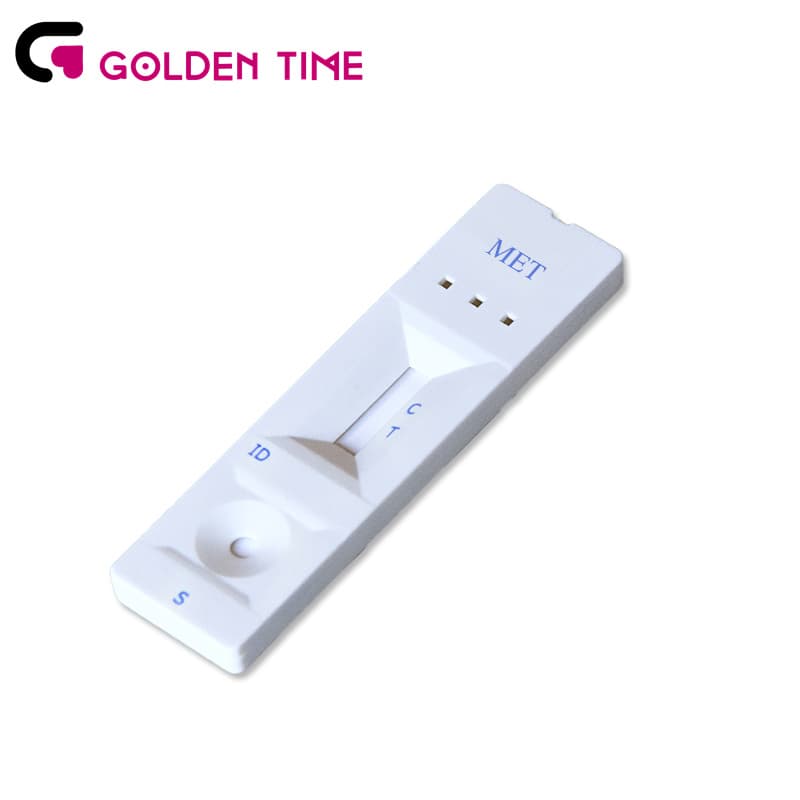Dec . 22, 2024 15:51 Back to list
wholesale h pylori stool test kit manufacturers
Understanding Wholesale H. Pylori Stool Test Kit Manufacturers
In recent years, the increasing incidence of Helicobacter pylori (H. pylori) infections has prompted a significant demand for efficient diagnostic tools. H. pylori is a type of bacteria associated with various gastrointestinal disorders, including gastritis, peptic ulcers, and even gastric cancer. The rise of this infection has led healthcare providers to seek effective testing solutions, prompting the growth of manufacturers specializing in wholesale H. pylori stool test kits.
The Importance of H. Pylori Testing
H. pylori infection is particularly common worldwide, with a higher prevalence in developing countries. Infections often remain asymptomatic, but they can lead to serious health complications if left undiagnosed and untreated. The conventional diagnostic methods, such as endoscopy and biopsies, can be invasive and costly. In contrast, stool tests offer a non-invasive and cost-effective alternative, allowing for widespread screening.
Features of H. Pylori Stool Test Kits
H. pylori stool test kits are designed to detect the presence of H. pylori antigens in stool samples. These tests are known for their high specificity and sensitivity, providing accurate results that can guide appropriate treatment. Some key features of quality H. pylori stool test kits include
1. Ease of Use Many kits are designed for simplicity, enabling both healthcare providers and patients to perform tests with minimal training. Clear instructions and necessary materials are typically included.
2. Quick Results Most kits can deliver results within a short timeframe, usually within 10 to 30 minutes. This rapid response is crucial for timely treatment decisions.
3. Non-Invasive Methodology Because these tests require only a stool sample, they are less invasive than endoscopy and can be conducted in a variety of settings, including at home or in primary care facilities.
4. Cost-Effectiveness Bulk purchasing through wholesale manufacturers helps healthcare providers reduce costs, allowing for broader testing availability.
5. Reliable Technology Advances in immunoassay technology have enhanced the accuracy of H. pylori detection. Quality test kits employ reliable antibodies to ensure precise results.
Choosing a Manufacturer
wholesale h pylori stool test kit manufacturers

When seeking wholesale H. pylori stool test kits, it’s vital to select a reputable manufacturer. Factors to consider include
- Quality Assurance Look for manufacturers that adhere to international quality standards, such as ISO certifications. This ensures that the products undergo rigorous testing for reliability and accuracy.
- Industry Experience Established manufacturers with experience in the medical diagnostics field are more likely to provide high-quality products and reliable customer service.
- Regulatory Compliance Ensure that the products are approved by relevant regulatory bodies, such as the FDA or CE, depending on your region. This compliance indicates that the products meet necessary safety and efficacy standards.
- Customer Reviews and Testimonials Researching feedback from other healthcare providers can provide insights into the effectiveness and reliability of the test kits.
- Technical Support and Training A good manufacturer should offer comprehensive support, including training for healthcare professionals on how to use the test kits effectively.
The Future of H. Pylori Testing
The market for H. pylori stool test kits is expected to continue growing as awareness of the infection rises and the demand for non-invasive testing methods increases. Technological advancements may facilitate the development of more rapid and accurate testing methods, enhancing the diagnostic process.
Furthermore, as healthcare providers increasingly emphasize preventative medicine, regular screening for H. pylori may become a standard practice. This shift could lead to improved patient outcomes by enabling early detection and treatment of infections.
Conclusion
Wholesale H. pylori stool test kit manufacturers play a critical role in the fight against H. pylori infections. By offering reliable, cost-effective, and non-invasive testing solutions, they contribute to improved healthcare outcomes. Healthcare providers must choose manufacturers that prioritize quality and reliability to ensure that patients receive accurate diagnoses and timely treatment. As the landscape of diagnostic testing continues to evolve, the commitment to innovation and quality within the industry will be essential for addressing the ongoing challenges posed by H. pylori infections.
-
Highly Accurate hCG Pregnancy Test Strips - 5 Min Results
NewsAug.02,2025
-
Premium Empty ABS Plastic Cassettes: Durable & Lightweight Storage
NewsAug.01,2025
-
Accurate Cocaine (Coc) Rapid Test Kit | Fast & Reliable Detection
NewsJul.31,2025
-
Accurate HCG Pregnancy Test Strips | Fast Home Use Kit
NewsJul.31,2025
-
Reliable Early Pregnancy Test Kit Supplier - Multi Plastic Cassette Options
NewsJul.30,2025
-
Transferrin Rapid Test Cassette – Reliable Tumor Marker Detection
NewsJul.29,2025

